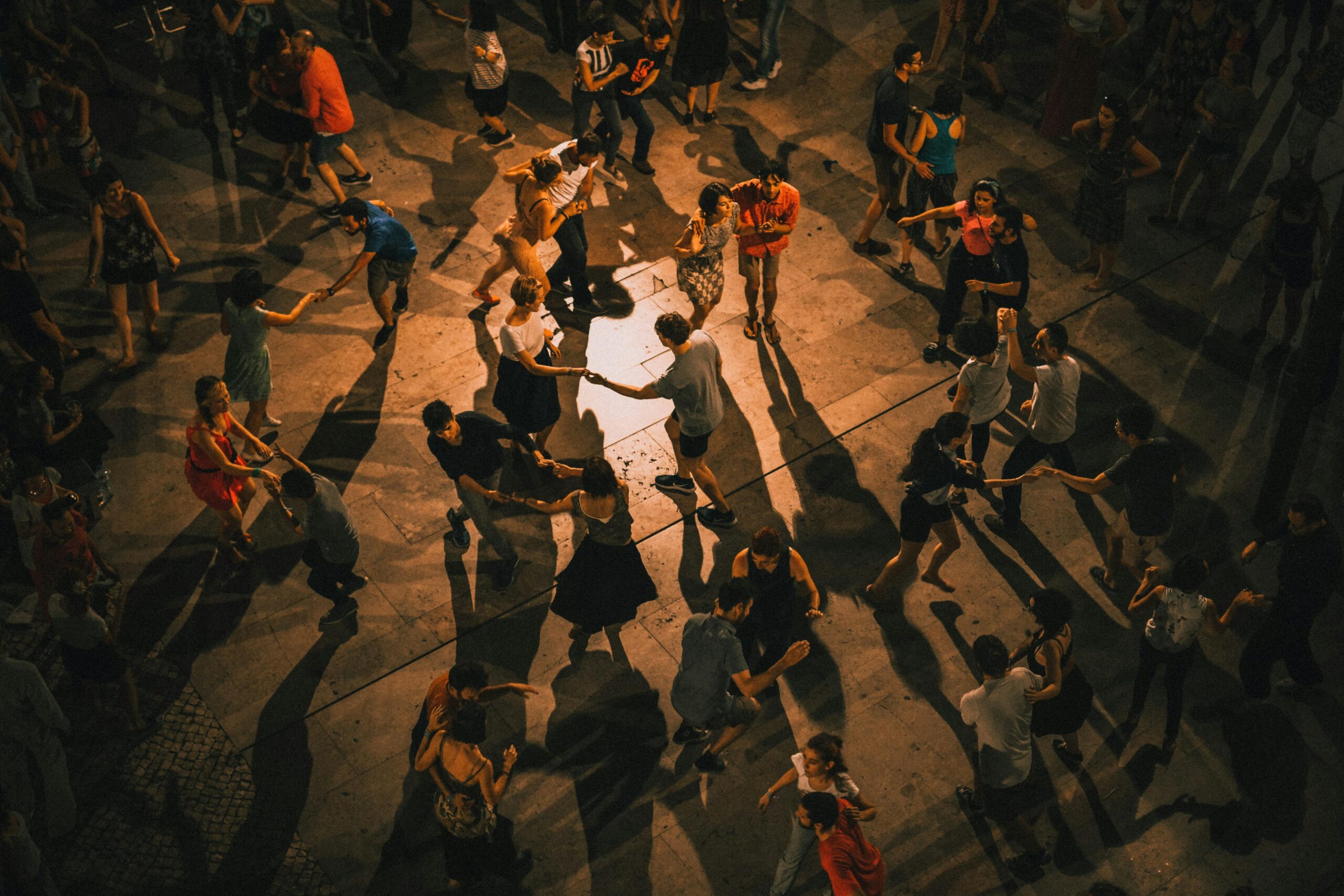What are common themes in contemporary Indigenous dance performances?
Contemporary Indigenous Dance: Movement as Cultural Expression
Contemporary Indigenous dance is a mesmerizing and powerful form of cultural expression that blends traditional practices with modern styles. It serves as a vibrant testimony to the resilience, creativity, and evolution of Indigenous cultures. This article will delve into the significance of contemporary Indigenous dance, its benefits, and provide practical tips for engaging with this art form.
The Evolution of Contemporary Indigenous Dance
Indigenous dance has always been an integral part of cultural expression, storytelling, and spiritual practices. With the influence of globalization and modern artistic development, contemporary Indigenous dance has emerged, blending age-old traditions with contemporary movements and concepts. This fusion creates a dynamic and evolving form of dance that resonates with both indigenous and non-indigenous audiences.
Historical Roots and Modern Innovations
Traditional Indigenous dances were often performed during ceremonial rituals, celebrations, and rites of passage. These dances carried deep spiritual significance and were a means to connect with ancestors, nature, and the cosmos. Modern Indigenous choreographers have embraced these historical roots while infusing their work with contemporary themes, techniques, and multi-disciplinary elements such as multimedia and technology.
Significance of Contemporary Indigenous Dance
Contemporary Indigenous dance is more than just an artistic expression; it’s a powerful vehicle for cultural preservation, education, and social commentary. Here are some ways it serves these purposes:
| Aspect | Significance |
|---|---|
| Cultural Preservation | Ensures that traditional stories, languages, and customs are kept alive and passed down to future generations. |
| Education | Educates audiences about the rich history and diversity of Indigenous cultures. |
| Social Commentary | Addresses contemporary issues such as identity, politics, and environmental concerns. |
Benefits of Contemporary Indigenous Dance
Engaging in contemporary Indigenous dance offers numerous benefits that go beyond the physical realm. Some key benefits include:
- Physical Fitness: Like any form of dance, it promotes cardiovascular health, flexibility, and strength.
- Mental Wellness: Dance can help reduce stress, anxiety, and depression, promoting overall mental well-being.
- Cultural Connection: Provides a profound sense of belonging and identity for Indigenous people.
- Artistic Growth: Inspires creativity and offers a platform for artistic expression.
- Community Engagement: Fosters a sense of community and cultural pride through collective participation and performance.
Practical Tips for Engaging with Contemporary Indigenous Dance
If you’re interested in exploring contemporary Indigenous dance, here are some practical tips to get started:
- Attend Performances: Seek out local performances by Indigenous dance troupes to experience the art form firsthand.
- Take Classes: Many dance studios and cultural centers offer classes in contemporary Indigenous dance. Joining a class can be a great way to learn and participate.
- Engage with the Community: Connect with Indigenous communities to learn more about their dance traditions and contemporary transformations.
- Research and Read: There are numerous books, articles, and online resources dedicated to contemporary Indigenous dance. Educate yourself to gain a deeper understanding.
- Support Indigenous Artists: Attend events, purchase art, and share their work to help sustain and promote the culture.
Case Studies: Inspiring Examples of Contemporary Indigenous Dance
Bangarra Dance Theatre
The Bangarra Dance Theatre from Australia is a leading example of contemporary Indigenous dance. Their performances fuse traditional Aboriginal and Torres Strait Islander songs, stories, and dance with contemporary movement to create a unique and powerful form of expression.
Red Sky Performance
Canada’s Red Sky Performance is internationally renowned for its powerful and imaginative productions. Their works highlight the rich, diverse cultures of Indigenous peoples and address contemporary issues through the medium of dance and theatre.
Conclusion: The Future of Contemporary Indigenous Dance
Contemporary Indigenous dance stands as a vibrant, dynamic, and essential component of cultural expression. It honors traditions while boldly embracing innovation, ensuring that Indigenous stories and identities continue to thrive and inspire. Whether you’re a dancer, a supporter, or an admirer, engaging with contemporary Indigenous dance can offer profound personal and communal benefits, paving the way for a future where cultures are celebrated and understood.
Embrace the movement, listen to the stories, and experience the extraordinary world of contemporary Indigenous dance.
